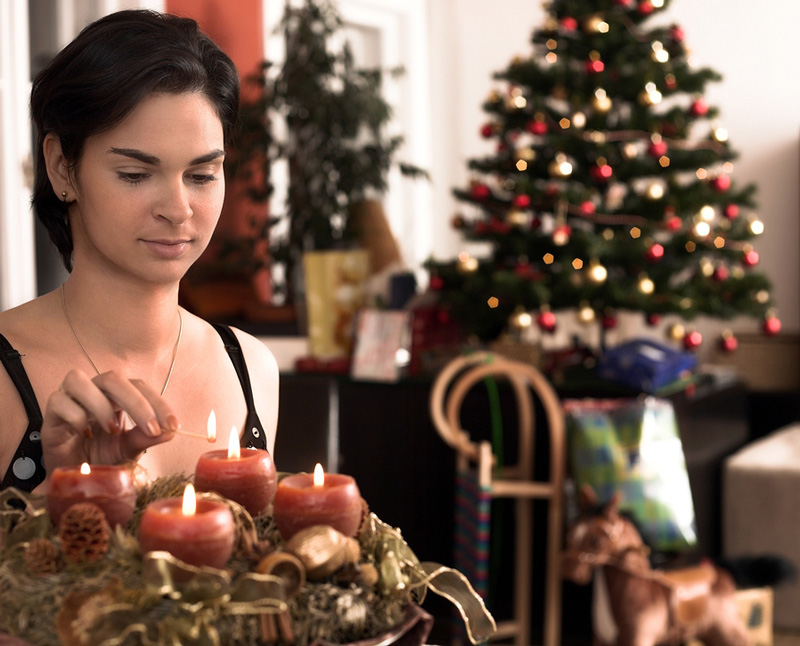
Christmas cheer may be everywhere this time of year, but for those who are grieving the loss of a loved one, the season can be an emotional roller coaster.
The Tragedy Assistance Program for Survivors, a national nonprofit organization offering comfort and care to families of fallen military troops, offers the following tips:
Make plans. Plan to spend your days where you feel nurtured, emotionally safe and comfortable. Having a plan will help you navigate the season and its activities. But remember to plan for flexibility, as you may not know how your emotions will roll, especially if it is your first or second holiday season after the death of a loved one.
Find sustenance for the soul. Your church may offer services, resources and support networks for the bereaved. You may want to look for a support group for people who are grieving and have suffered a similar loss.
Don’t be afraid to change it up. Some traditions may be a comfort, while others can cause pain. Consider which to keep and which to forego this year. Do not feel like you have to do something just because you have always done it that way.
Include your lost loved one in giftgiving. Give a gift on behalf of your loved one to someone else. Consider making a donation to a charity in their memory.
Create a tribute. Light a candle at church or at home, display a favorite photograph, or consider writing a letter to your loved one about your special holiday memories together.
Be gentle with yourself. Realize that familiar traditions, sights, smells and even tastes, may be comforting, or may jolt your emotions. This is the time of year when you need to be careful and listen to yourself.
Attend functions if you can. Consider attending Christmas parties and events, especially if you’ll be able to spend time with supportive family members and friends. Make an escape plan in case it is more than you can handle. If you think a gathering might be more than you can bear, it is OK to stay home.
Don’t pretend you haven’t experienced a loss. Imagining that nothing has happened does not make the pain of losing a loved one go away, nor does it make the holidays easier to endure. Even though memories may be painful, they also can be comforting. It is OK to talk with others about what you have lost and what the season means to you.
Pay attention to your health. Sleeping is often difficult for people who have experienced a recent loss. Make sure you get regular rest and drink lots of water. Do not over-indulge in sweets or alcohol. If you feel overwhelmed, talk with your medical care provider.
Take stock of both joy and sadness. Give yourself permission to feel joy as well as sadness. Don’t feel like you have to act a certain way because of your loss, or because it is the holidays.
Just be yourself. Express your feelings. Bottling up your feelings may add to distress, not lessen it. Let it out — write a poem, talk with a supportive friend, create a painting, or pen a journal entry.
Share the season with someone else. Many lonely people might like to experience the holidays with someone else. Consider volunteering with a local charity or soup kitchen, invite a neighbor for a special meal or include others in your seasonal activities.

